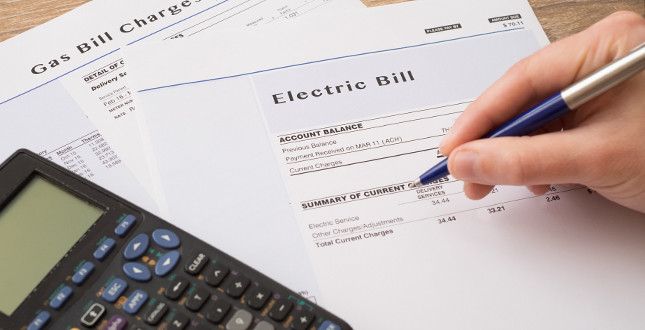

Citizens Advice is calling for energy network companies to return money to consumers through a rebate. Energy consumers are subsidising £7.5bn in profits made by the businesses responsible for the UK’s gas and electricity networks over an 8-year period, new research from Citizens Advice reveals.
The national charity has published new research, which estimates that key decisions made by the energy regulator Ofgem are allowing energy network companies to make billions in returns on their capital investments, without reflecting how efficient they have been.
Ofgem has said it will set tougher limits on the money that energy networks can make from 2021 and has said that when it sets the next price control for these companies, they should expect lower returns.
Citizens Advice has also called on the energy network firms to return their excess profits from the current price control to consumers through a rebate on their bills.
Energy networks are regulated monopolies - meaning it is not practical for there to be competition between them to drive down the amount consumers pay. Ofgem forecasts the costs for building and maintaining energy networks - including the cost of staff, materials, and the cost of capital used to finance investment - as well as estimating the level of business risk for investors. Energy network companies’ profits are taken from the difference between their actual costs and the amount that Ofgem allows for these costs.
In its new report, Citizens Advice finds three key decisions by Ofgem that are costing consumers money by being favourable to energy network companies’ interests over the current 8 year period - called a “price control.”
First, costing consumers £3bn, Ofgem overestimated the business risk for investors in energy networks. They estimated that energy networks are 90-100% as risky as the average company but market data suggested a more reasonable figure would be 60%;
Second, costing consumers £3.4bn, Ofgem assumed interest rates and returns for government bonds would be higher than they were;
Third, costing consumers £1.1bn, the financial incentives Ofgem has put in place to reward efficiency - such as allowing energy network companies to keep some of the underspend on projects as profit - actually rewarded companies that inflated their initial estimates for the cost of staff and materials.
If you'd like to keep up-to-date with the latest developments in the heating and plumbing industry, why not subscribe to our weekly newsletters? Just click the button below and you can ensure all the latest industry news and new product information lands in your inbox every week.